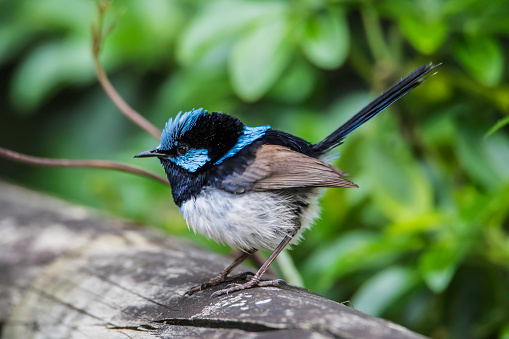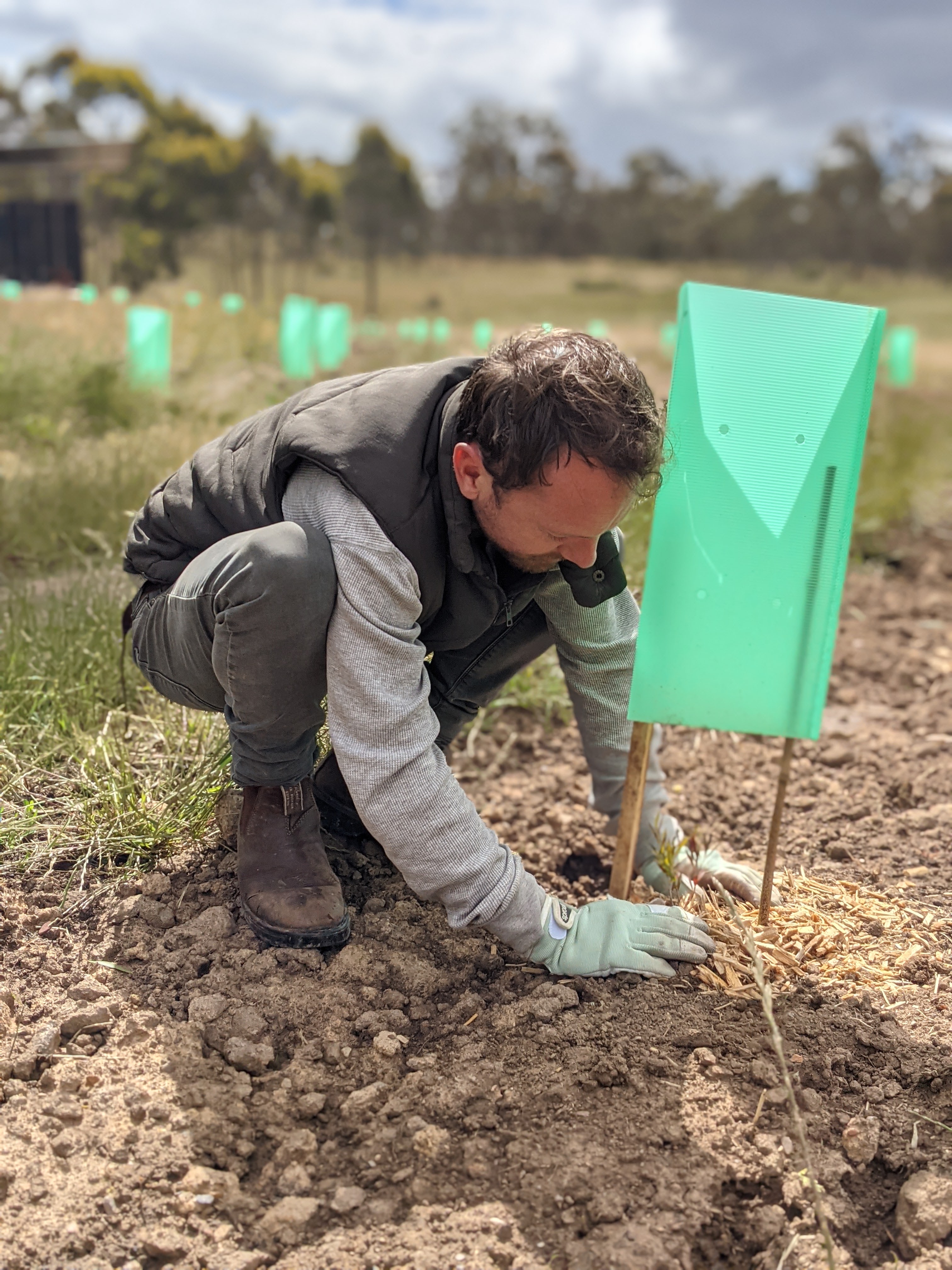September 28, 2022
|
MMF. Running with a sustainable focus.
TREES PLANTED
5,000
With 5 event distances to entice everyone off the couch, the Melbourne Marathon is back big time. Runners (and walkers) can choose from five distances from 42.195K to 3K, each starting on Batman Ave and finishing with a lap of honour around the hallowed turf at the MCG.
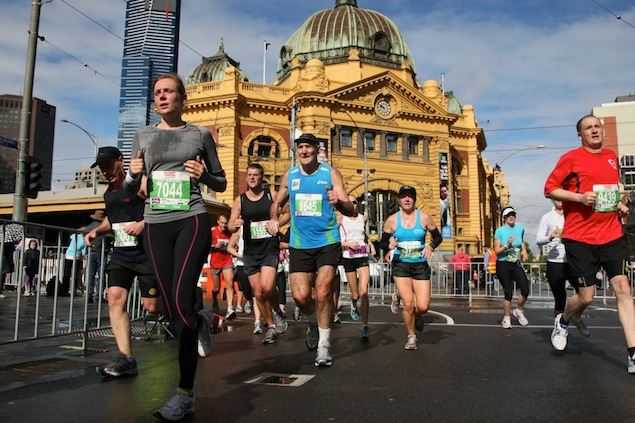
Melbourne Marathon take pride in their commitment to the environment, and the 2022 event hosts a myriad of ways in which they demonstrate that. This includes:
- water stations along the path to cut down on plastics,
- limiting promo material,
- use of compostable cups and other eco products,
- the lead car is electric,
- use of solar powered venue (MCG),
- strategic waste streams implemented,
- 100% recyclable participant’s bibs,
- any unclaimed clothes are taken to Upparel for recycling,
- and their biggest sustainable commitment is to their carbon offset and self-sustaining biodiverse ecosystem program. They are achieving this by partnering with us to plant 5,000 trees to be planted in Melbourne and rural Victoria.

The Nike Melbourne Marathon in conjunction with our participants are committed to the continual improvement in the sustainable practices of this iconic race. As part of our four-stage strategy to eliminate, reduce or reuse, mitigate and offset, the Melbourne Marathon Festival is pleased to be partnering with Fifteen Trees to plant 5,000 trees in Victoria. The annual compounding benefits of these trees to offset our impact is a shared vision we proudly wish to build upon.
Marcus Gale | Manager | VP Events
This spring, 5,000 trees were planted across 6 Victorian sites:
- Port Melbourne | 500 trees
- Ballarat and District | 500 trees
- Nulla Vale | 1,000 trees
- Mornington Peninsula | 1,000 trees
- Northern Grampians | 1,000 trees
- Kinglake | 1,000 trees
Port Melbourne | 500 trees

Westgate Biodiversity: Bili Nursery & Landcare Inc. is a community-based not-for-profit organisation. They grow and sell locally indigenous plants and are transforming Westgate Park into a natural, bush-like place for people to enjoy.
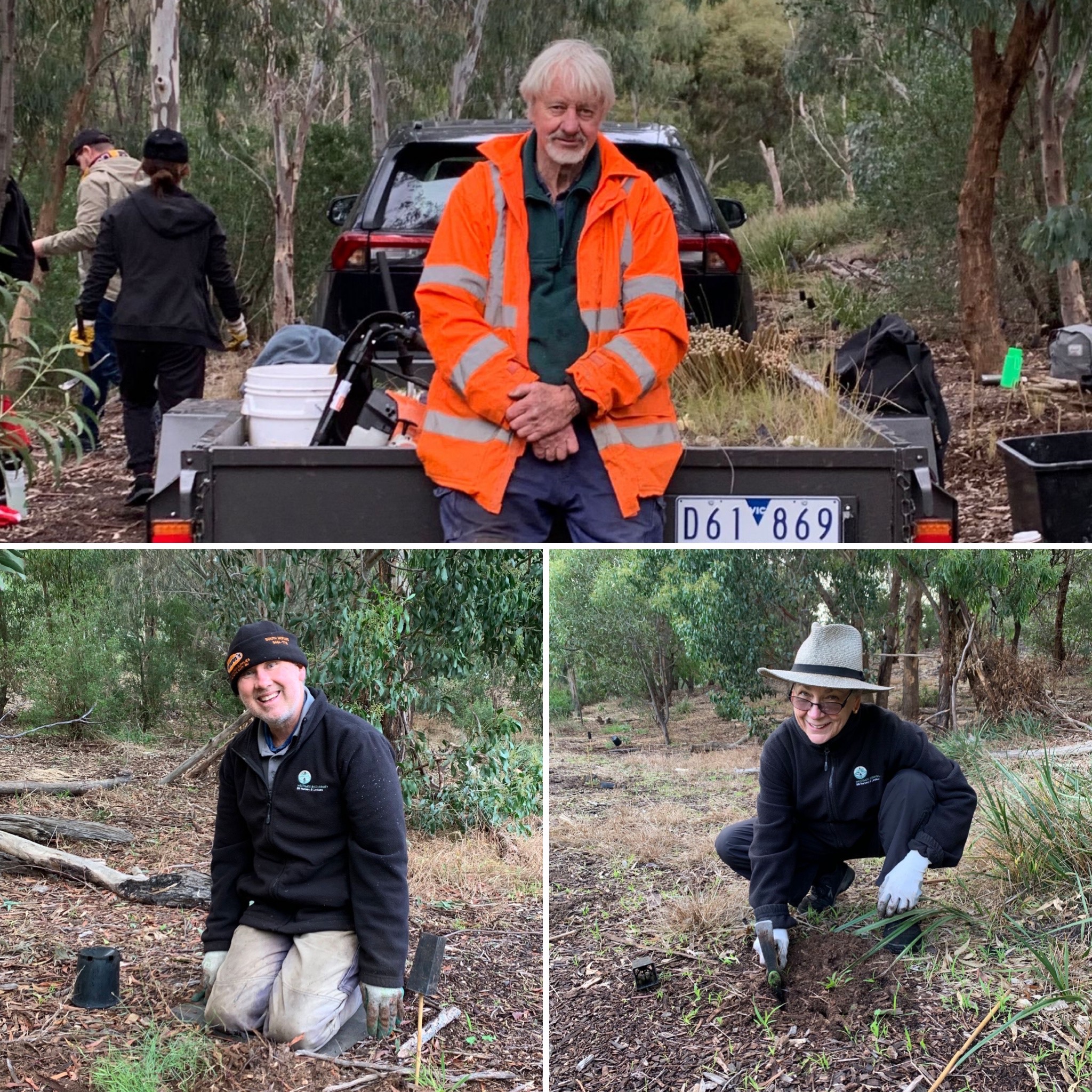
Bili and Friends of Westgate Park support enhancing and protecting the natural environment and its biodiversity in the Sand-belt region of Melbourne. They work to educate their members and the wider community on the importance of protecting and enhancing the natural environment, urban biodiversity, and healthy environments. They do this by growing and planting locally indigenous plant species and encouraging volunteering and community engagement with the natural environment.
The Friends group were delighted to receive 500 native trees from IMG for their ongoing revegetation work at the park. The trees are all indigenous to within 10 km of the park and in years to come will provide habitat to the unique native animals that call the park home.
Ballarat & District | 500 trees
To the southeast of Ballarat lies the little town of Meredith. It was here, on the Ballarat side of the district, that long time Landcare member Bernard Gilligan planted 500 native trees on the edge of the Western Victorian Plains. Over time, the trees will provide habitat for the local native wildlife in including the koala population that regularly visit as they make their way from Bamganie State Forest to the Brisbane Ranges National Park.
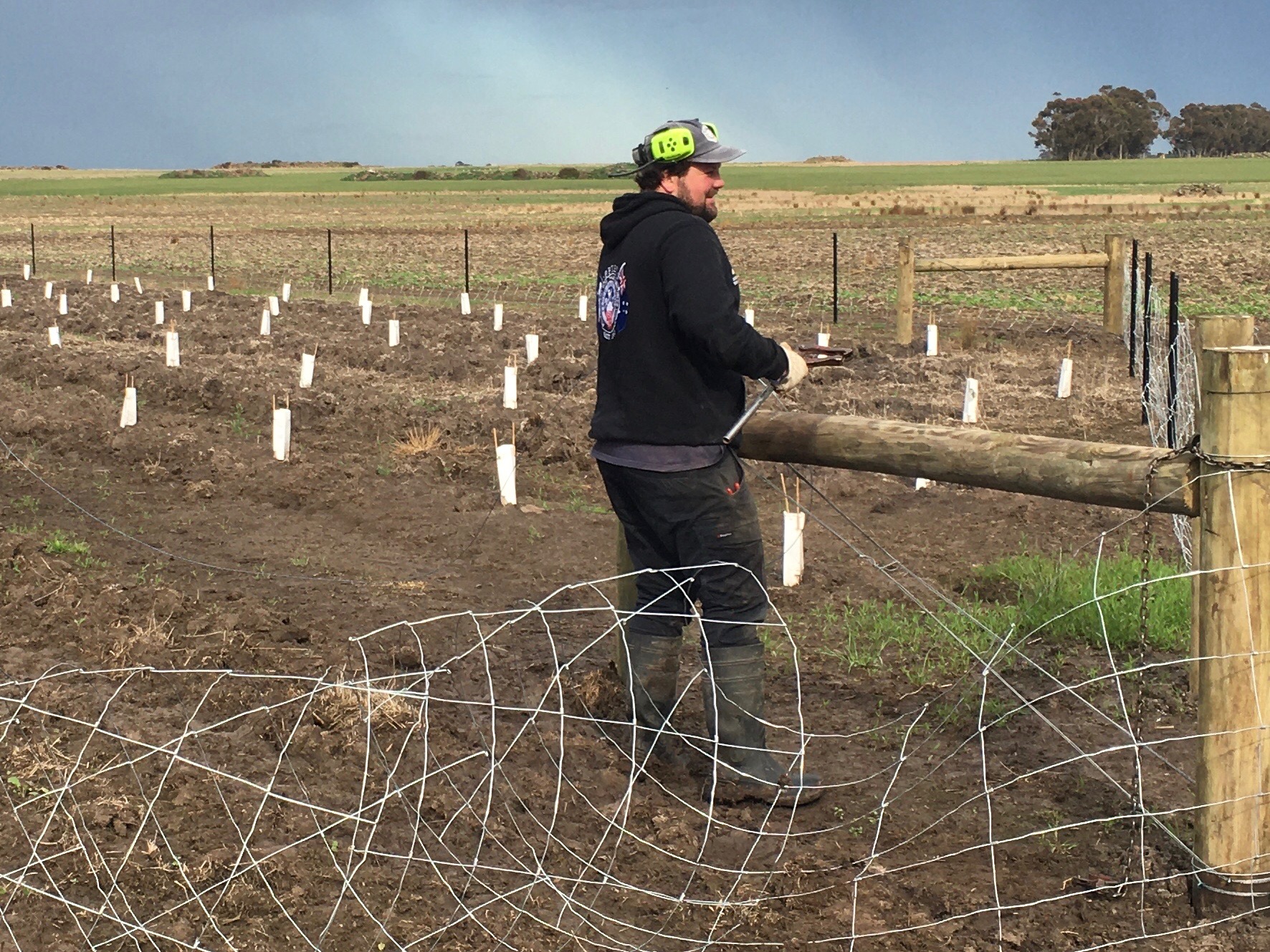
The trees were a mixture of Manna Gum, Yellow Box, Swamp Gum, River Red Gum, Swamp Sheaoak, Blackwood, Crimson Bottlebrush, Swamp Paperbark, River Bottlebrush and Silky Hakea.
Nulla Vale | 1,000 trees
The small rural community in Central Victoria were delighted to receive 1,000 trees for their ongoing revegetation projects. The trees planted included, Yellow Box, Red Ironbark, Red Gum, Grey Box, Pink Flowering Gum, Candlebark, Swamp Gum and Messmate.
Over time these trees will:
- Attract smaller and varied bird species. The more diverse the wildlife species the better. Creating microclimates allow for this diversity.
- Produce flowers that will attract bees, which are critical for pollination.
- Remove carbon from the atmosphere and store it both in the timber, branches, leaves, bark, roots and also the ground.
- Stabilise creeks to hold banks in place and reduce erosion.
- Provide a canopy to reduce water exposure to sunlight, reducing the production of algae and keeping water temps cooler in the hot summer. This protects wildlife that rely on the water, whether that be insects, mammals, yabbies, frogs, etc.
- Create connections between other plantings, allowing for a wildlife corridor.
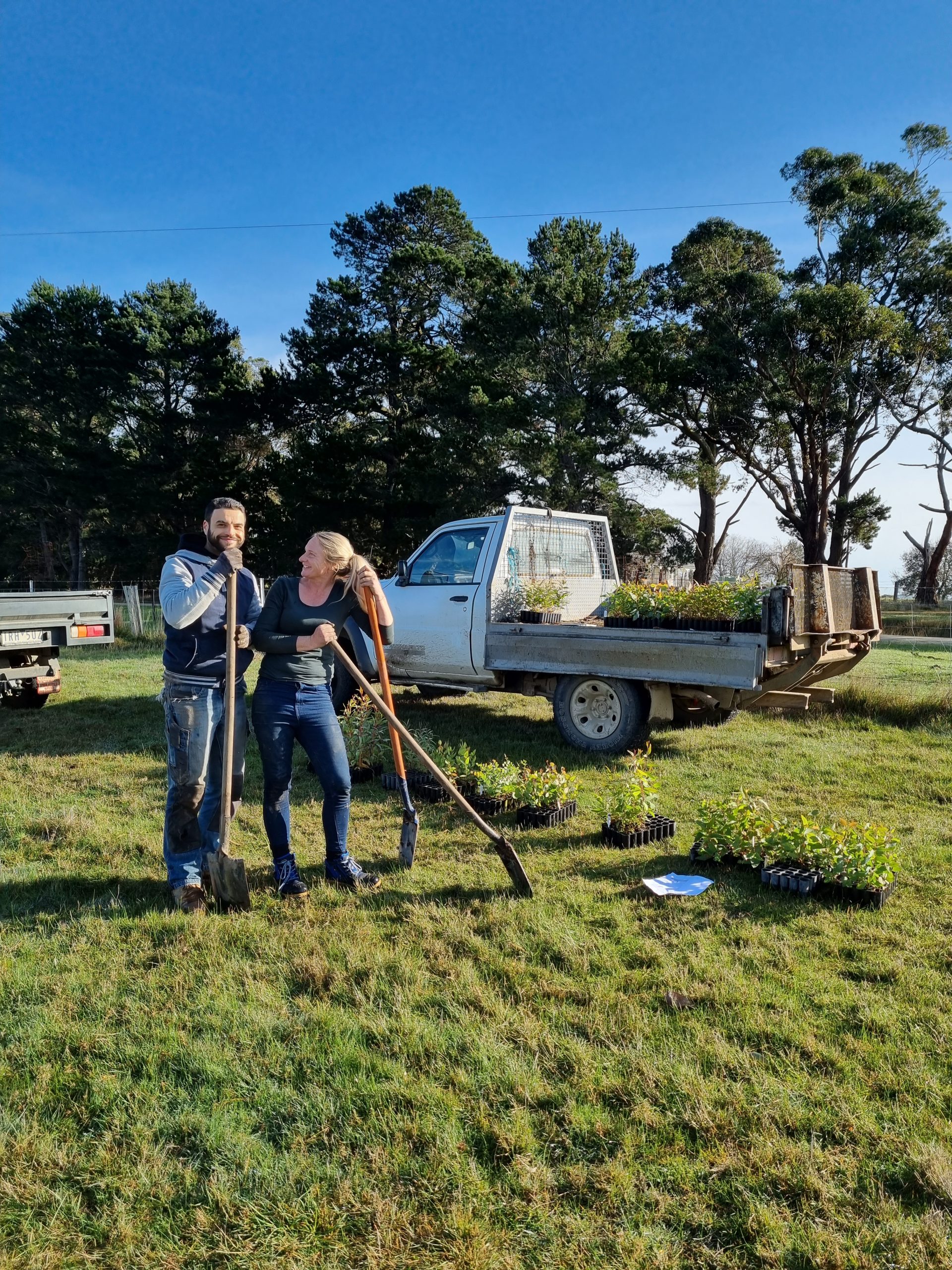
Mornington Peninsula | 1,000 trees
The native trees were planted on the Mornington Peninsula under the guidance of the Mornington Peninsula Koala Conservation (MPKC) for their Somers Koala Habitat Project. The Peninsula is a key Koala Conservation district. These trees will not only provide our threatened koalas with a fighting chance at long-term survival, they will help keep our air cleaner, our soil healthier, and give shelter to countless smaller creatures of field and forest.
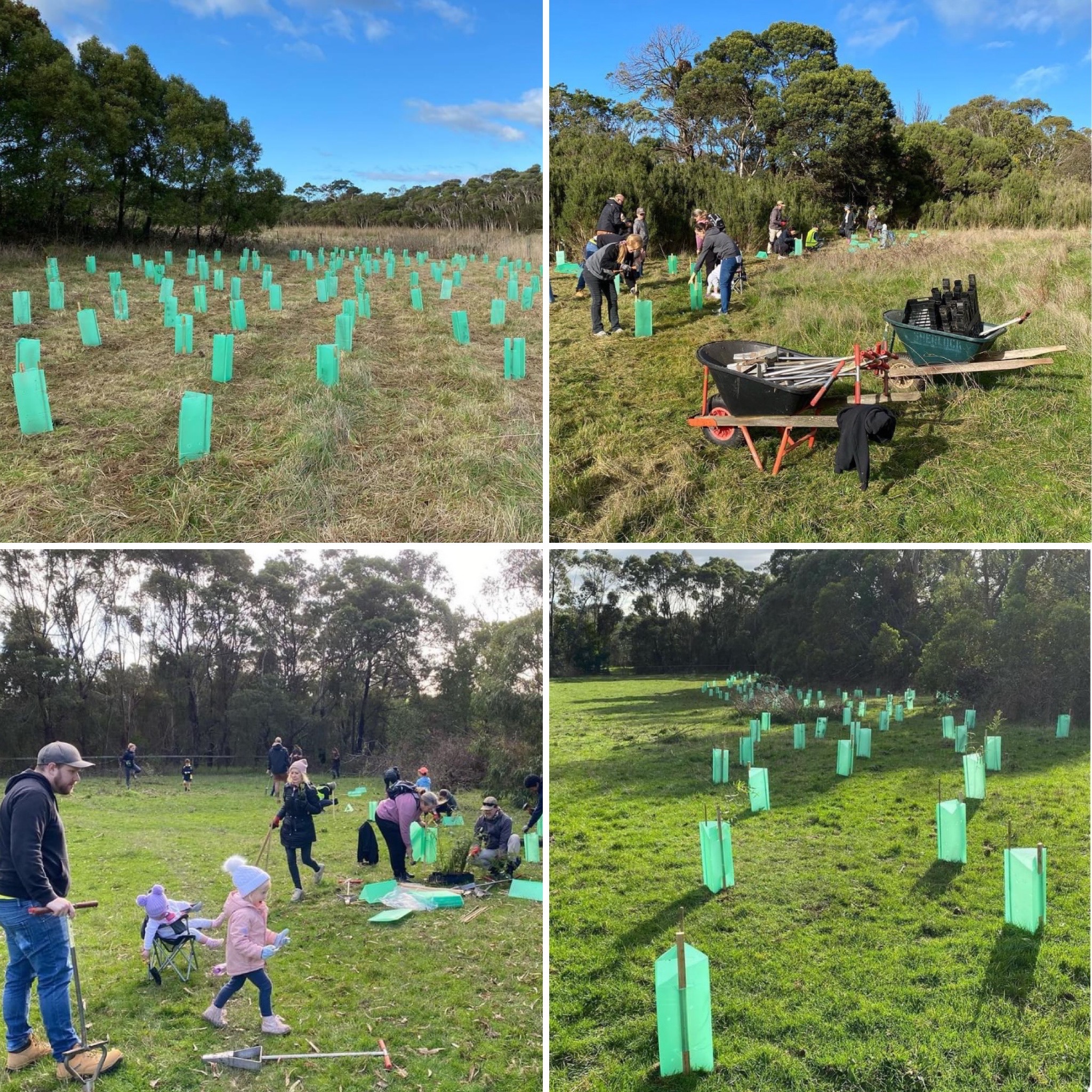
The Somers Koala Habitat Project (from Coolart to Cerberus Biolink) is an ongoing project. Initiated by the Mornington Peninsula Koala Conservation (MPKC), and partnering with the Mornington Peninsula Shire, Parks Victoria and the Department of Defence, the project also includes more than 70% of local landholders. And with sponsors such as IMG, the project has grown by leaps and bounds.
Here’s a few reasons this project is so important:
- Recent research from Deakin University suggests that the koala population has been negatively impacted by the highly fragmented nature of habitat on the Mornington Peninsula,
- By providing a wildlife corridor biolink it will allow animals including koalas to move safely, to reach vital food resources and help maintain viable populations,
- Without this, koala populations will inevitably continue to decline, become isolated and may face local extinction.
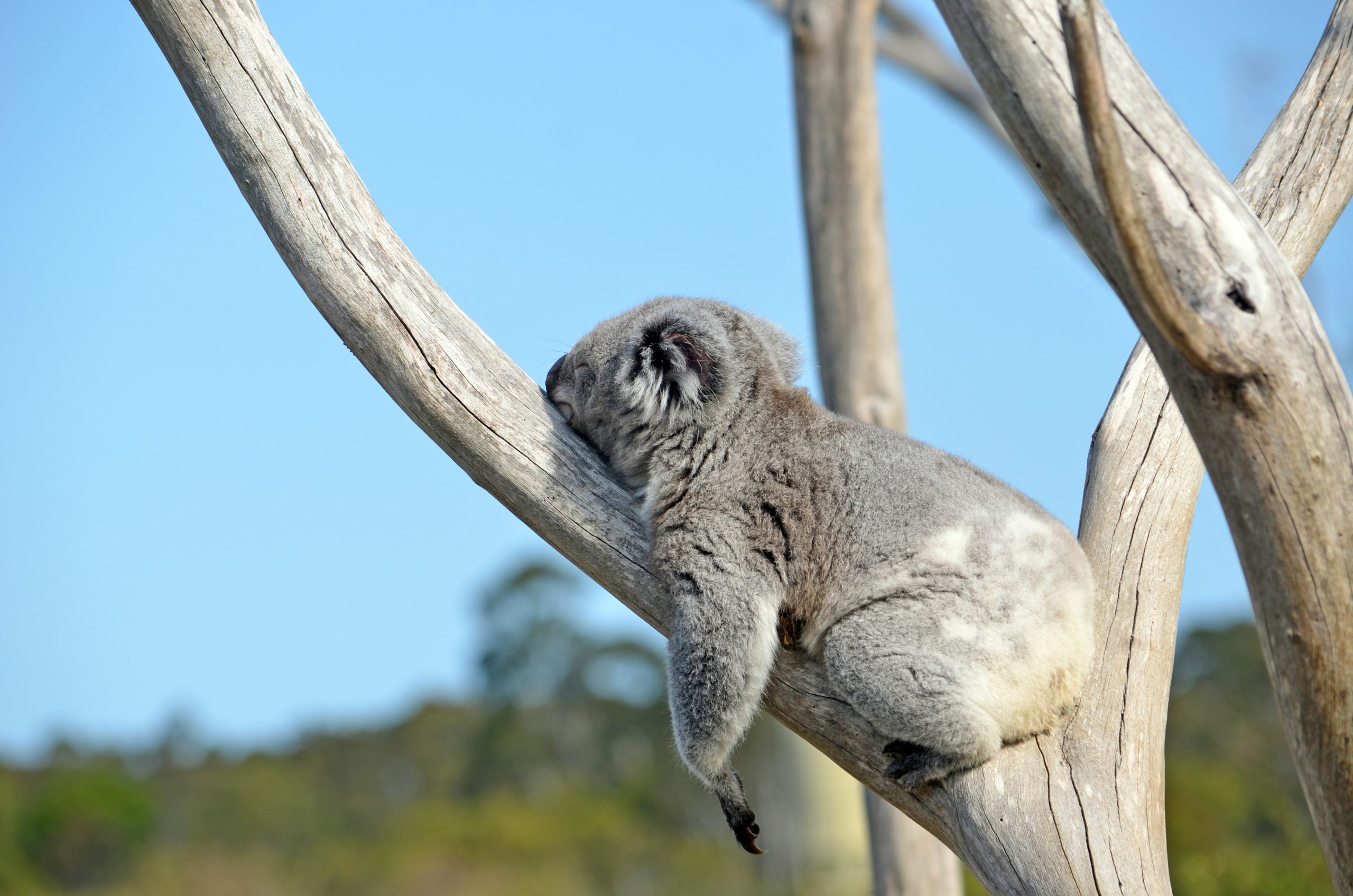
The tree species that have been planted across the Mornington Peninsula have included (in order of koala’s preferences); Coastal Manna Gums, Swamp Gums, Narrow-leafed Peppermint Gums, Snow Gums and Messmate Stringy Bark.
Northern Grampians | 1,000 trees
The one thousand trees were a mix of purposefully selected plants to compliment the birdlife, insects, and other creatures who call The Grampians their home. The trees were also selected to survive the cold winters and dry summers the mountainous terrain experiences. They will grow to varying heights (tall and understory) to ensure a variety of habitats for the local wildlife.
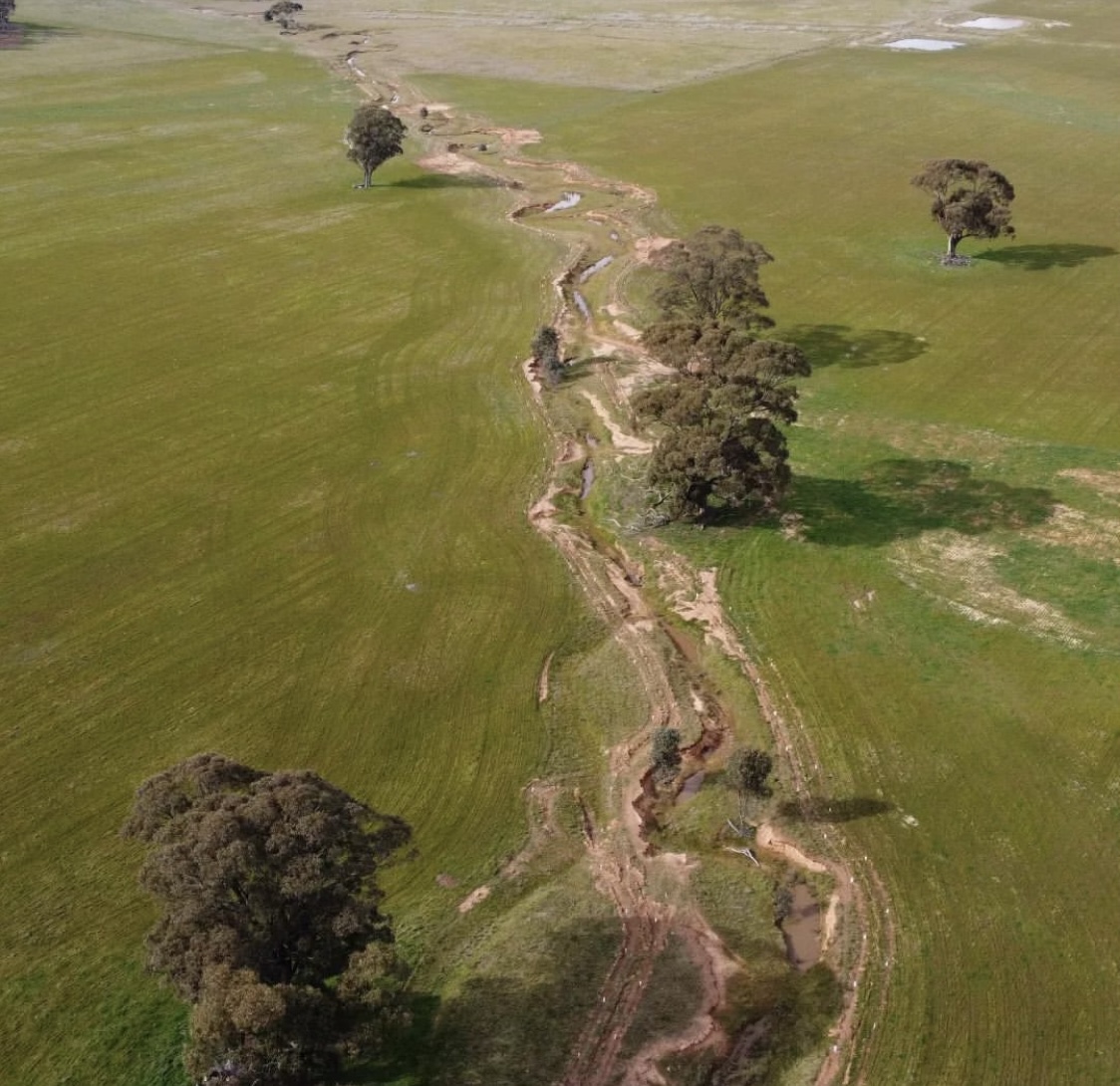
The trees will add to the amazingly diverse landscape consisting of gorge environs, steep rocky walls famous for rock-climbing, deep valleys, and undulating hills. They will provide homes and fodder for many species including the extensive bird life found there. Given it is a famous area for bushwalking, you’ll often find many avid bird watchers (twitchers) hiding out on the trails, binoculars in hand and taking in the immense bird song. Grampians birdlife is vast and the many winged wonders you may come across include parrots (Galah, Crimson Rosella, Musk Lorikeet, Rainbow Lorikeet and Blue-winged Parrot), and cockatoos (Sulphur-crested Cockatoo, Gang-gang Cockatoo, Long-Billed Corella, Little Corella, Yellow-Tailed Black-Cockatoo, even the endangered Red-Tailed Black Cockatoo).
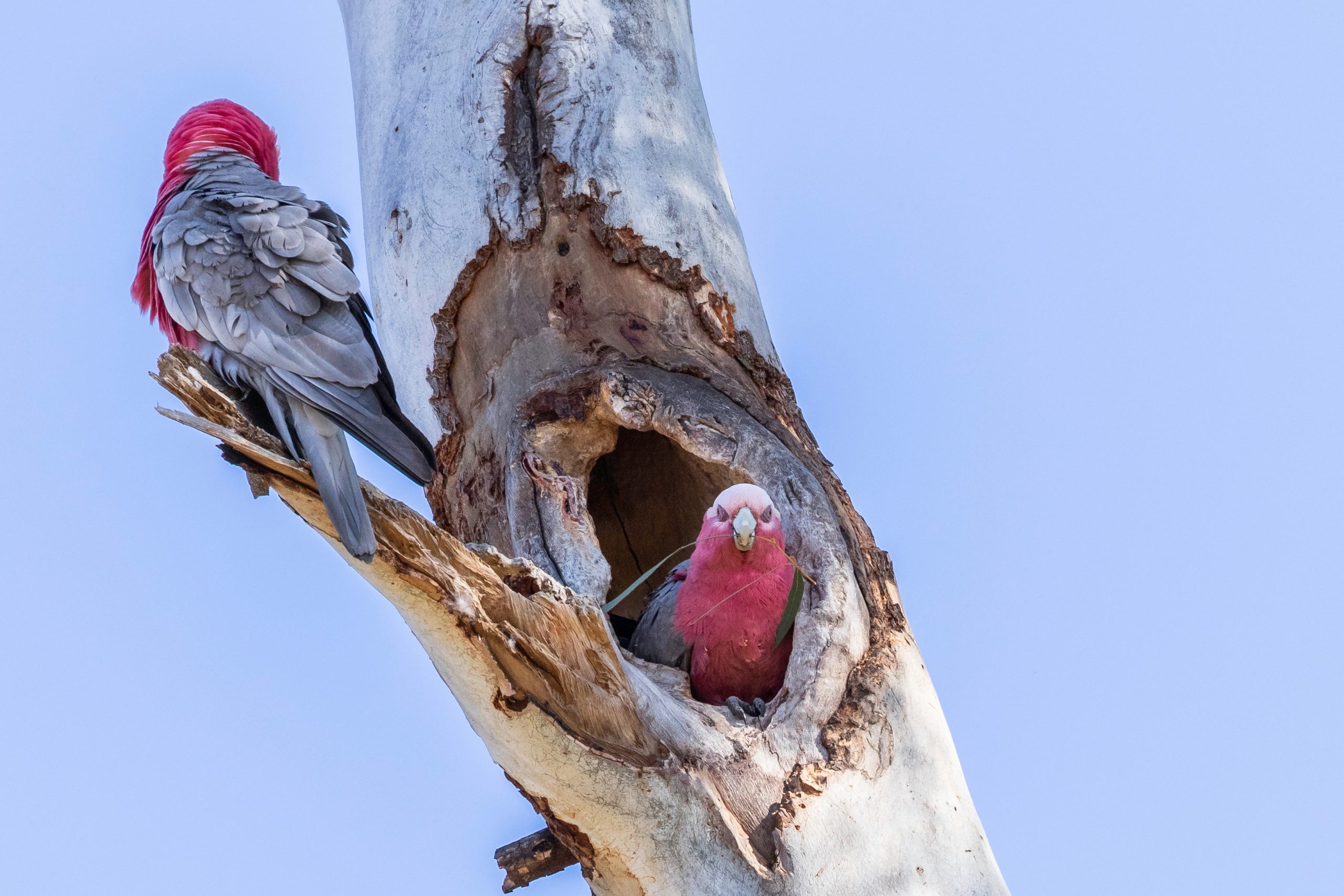
All these birds need different trees to survive and we are thankful for the expertise of the Buloke and Northern Grampians Landcare Network in their support in helping to plant these trees.
Kinglake | 1,000 trees
The trees were planted at Koriella and Strath Creek in the Goulburn Valley by the Upper Goulburn Landcare Network. Koriella is 160km from the CBD. Landcare members have been working tirelessly for 2 generations to restore the land back to pre-settlement times. They have fenced off over 10ha as a conservation and revegetation area The new planting site has connected areas of significant conservation and become part of a corridor for wildlife movement.
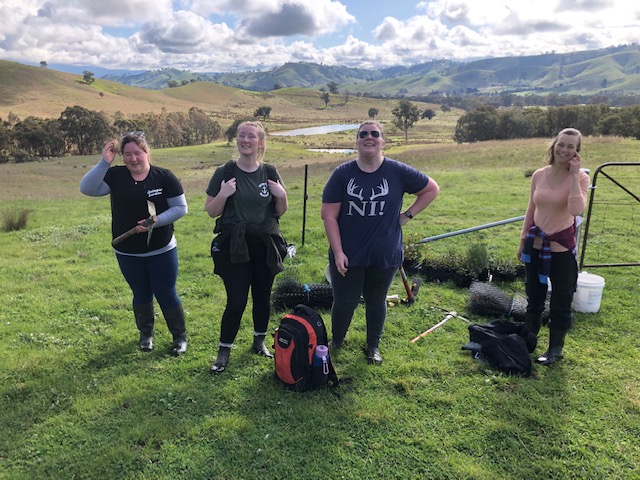
The district is well known for its beautiful Foothill Forests and dominant trees such as Eucalyptus macrorhyncha (Red Stringybark), Eucalyptus melliodora (Yellow Box) and Eucalyptus goniocalyx (Long-leaved Box). An extra 1,000 trees will go a long way to preserving this beautiful part of the state.
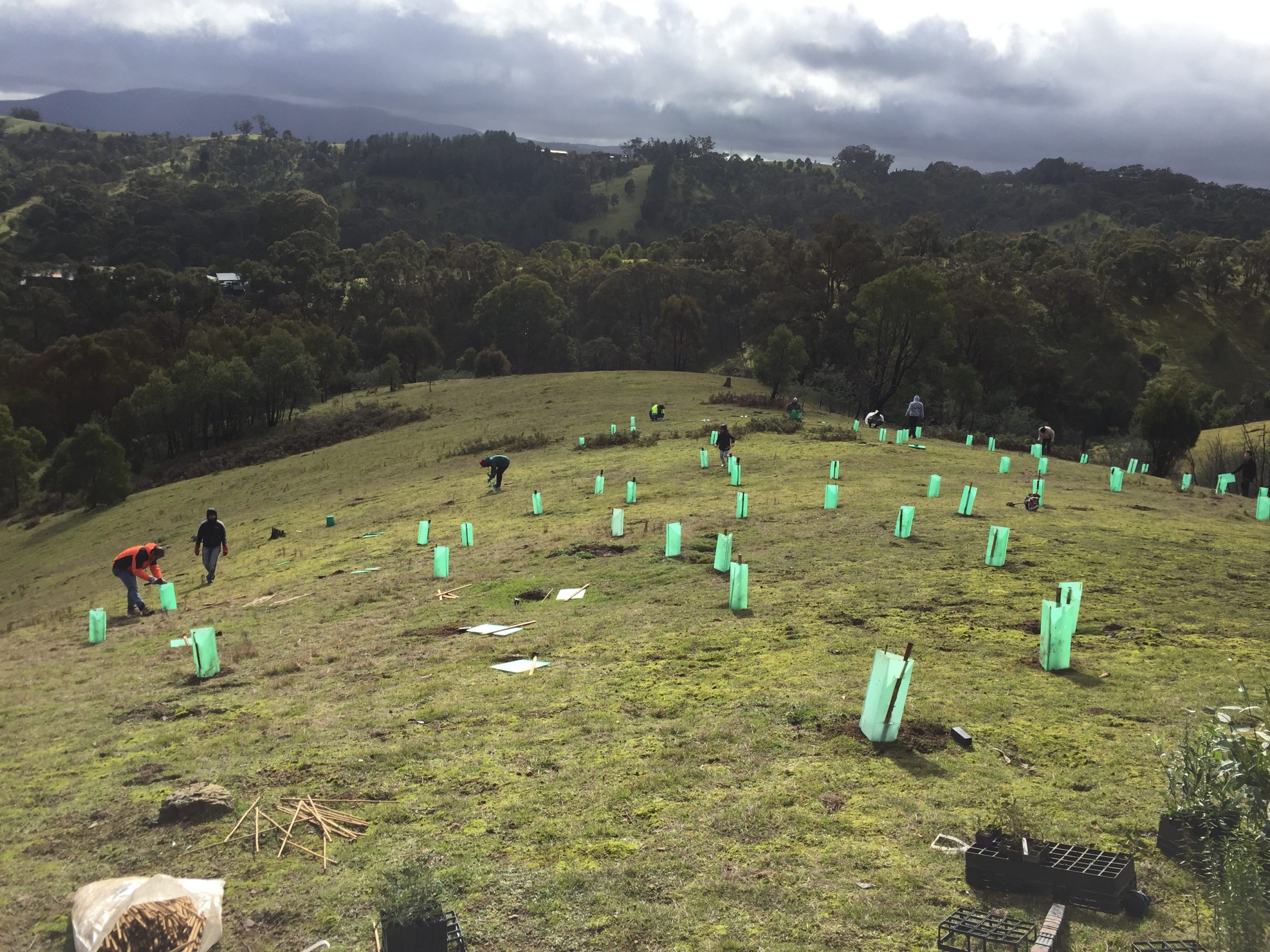
Melbourne Marathon’s partnership with us is to be admired. It speaks volumes on their understanding that the human race are running our own marathon against the ticking clock of some pretty devastating climate issues. This is a marathon that’s worth winning – we just have to do what is required for an actual marathon – rally together, do the preparation, chip away at it constantly, and cheer each other on.
Writers; Colleen Filippa and Lou Ridsdale
With a background in Environmental Science, Colleen is the Founding Director of Fifteen Trees. In 2009, after 20 years in primary, secondary and tertiary education institutions, Colleen left the classroom to start the company. Fifteen Trees is a social enterprise assisting individuals and companies to reduce their carbon footprint by supporting community groups such as Landcare, schools and environmental networks.
Lou a green thumb, Earth Lover, big-hearted nature freak, plus a savvy media and horticulture expert, who passionately believe that everyone can lead a more nourishing and sustainable life. Lou founded Food Is Free Inc., a unique grassroots food security platform specialising in food security education. She fell in love with trees after reading The Magic Faraway Tree as a child. You can find Lou here
RECENT TREE PLANTINGS
500 TREES PLANTED
100 TREES PLANTED
125 TREES PLANTED
SIGN UP FOR OUR MONTHLY UPDATES.
Restoring Australian ecosystems. Supporting communities with their revegetation projects for a greener and healthier planet.
Fifteen Trees acknowledges Indigenous Australians as the traditional custodians of the lands on which we work, live and play.
We recognise that Indigenous Australians have cared for and lived in harmony with this land for millennia, and their knowledge and wisdom of the land endures.
We pay our respects to Elders past, present and emerging and stand in solidarity as Indigenous Australians seek a fairer and more sustainable future for the land and its people.
